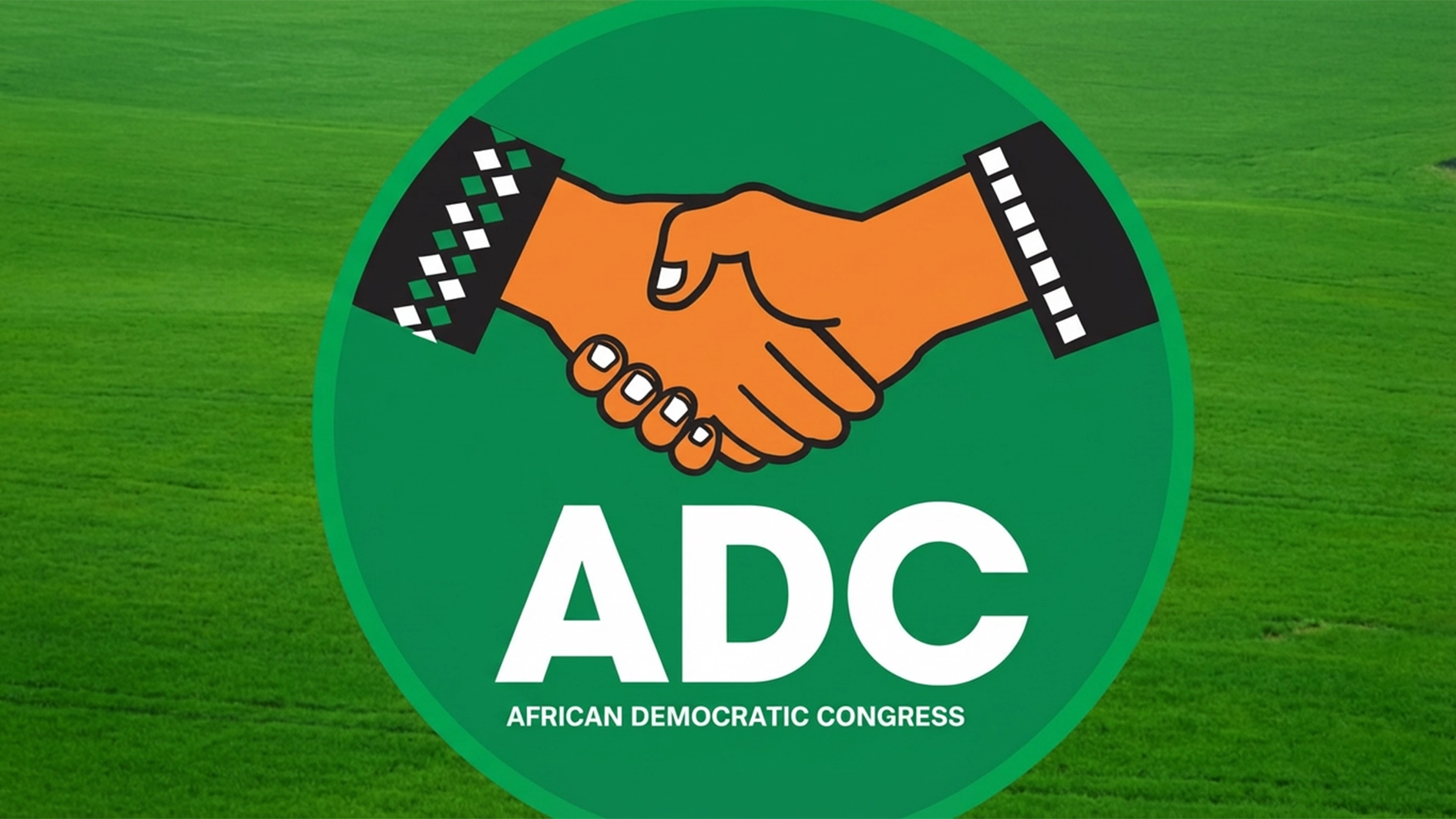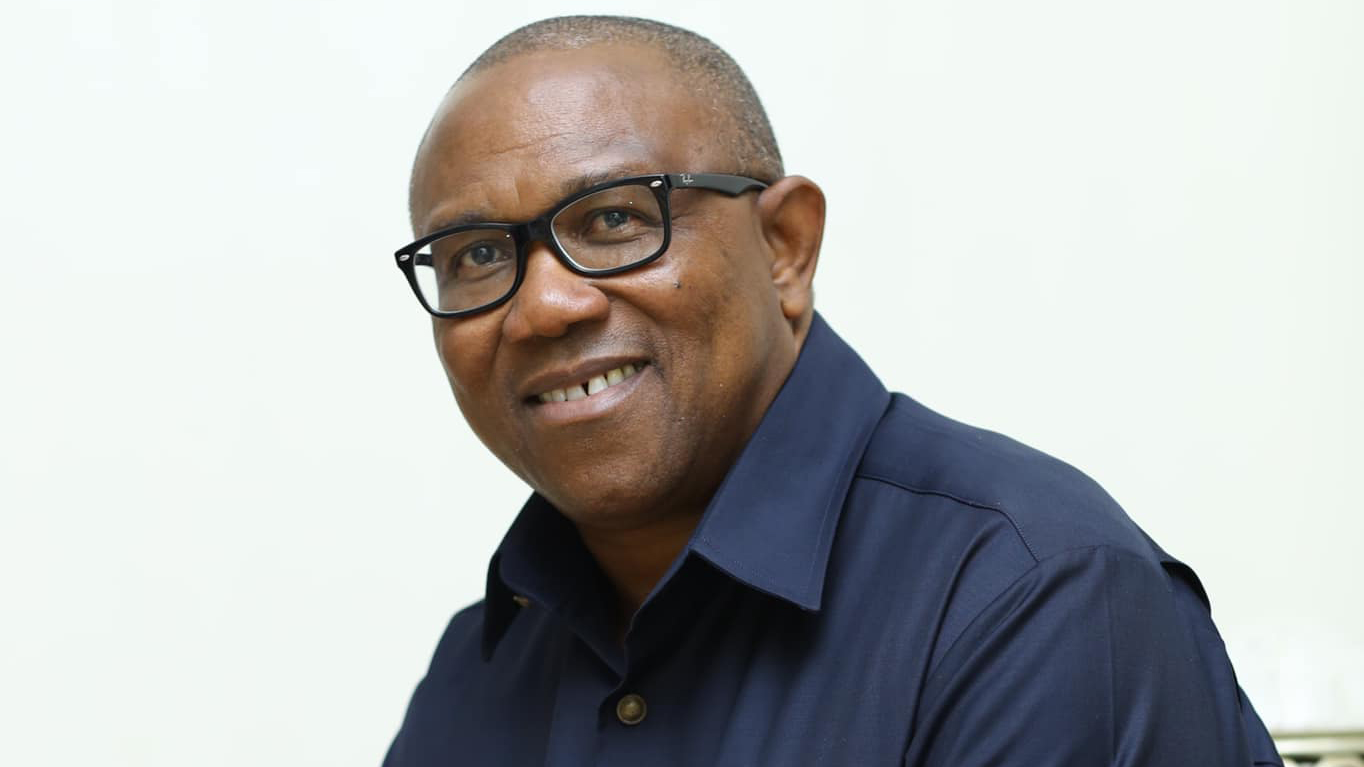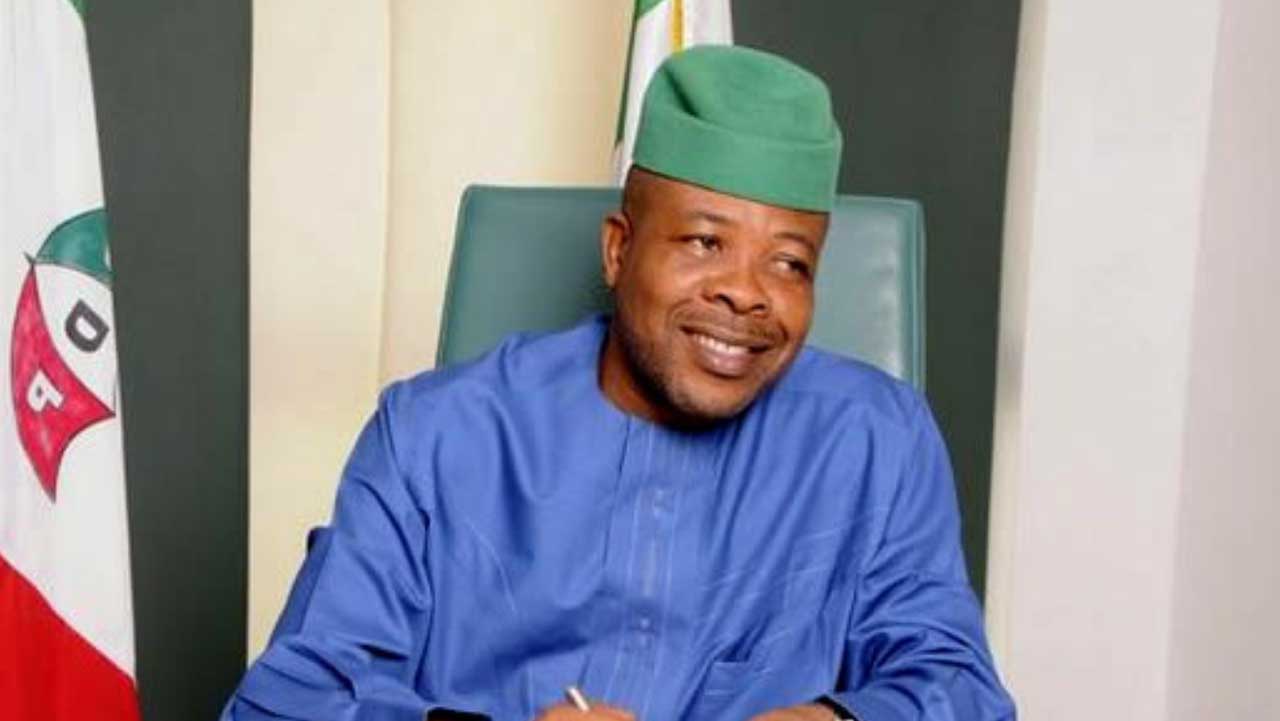After a decade of service to fatherland as the Chairman of the Independent National Electoral
Commission (INEC), Prof. Mahmood Yakubu departs with the rare distinction of leaving the
commission stronger than he met it, ADAMU ABUH writes.
When the story of Nigeria’s democratic transition is told, the name Mahmood Yakubu will not be absent. For 10 years, from 2015 to 2025, he occupied one of the most delicate offices in the country: Chair of the Independent National Electoral Commission (INEC). His stewardship, stretching across two administrations and two general election cycles, coincided with one of the most tumultuous yet innovative decades in the nation’s political life.
The tenure was historic for many reasons. Yakubu became the first electoral umpire to be reappointed, breaking a tradition of single-term chairmen. More importantly, he presided over the most extensive series of elections in Nigeria’s history, from the 2019 and 2023 general polls to 19 governorship races, hundreds of by-elections, and local council elections in the Federal Capital Territory (Abuja).
His decade-long reign was defined by bold reforms, technology-driven innovations, and a commitment to inclusion. Yet, as with all human enterprises, it was not without controversy. His legacy is therefore complex – a blend of laudable progress and persistent challenges that speak more to Nigeria’s political culture than to the man himself.
Building Stability In A Volatile Space
Before Yakubu, INEC was often described as a fragile institution — underfunded, over-politicised, and quick to lose public trust. His appointment by President Muhammadu Buhari in 2015 was met with scepticism. Critics feared another partisan figure would be foisted on the country. But Yakubu quickly demonstrated a different ethos – one rooted in institutional stability.
His reappointment in 2020 was itself historic, signalling rare continuity in Nigeria’s electoral management. This stability mattered. It meant that reforms did not vanish with each new chair; policies gained traction, institutional memory was preserved, and reforms could be deepened across two cycles of elections.
Under his watch, INEC commissioned policy reviews after every major election, inaugurated Nigeria’s first Election Museum to archive democratic history, and laid the foundation for a new headquarters in Abuja. These may sound like bureaucratic gestures, but they signalled a shift: INEC was beginning to see itself not as a temporary contraption but as a permanent pillar of democracy.
Expanding Access: The Polling Unit Revolution
One of Yakubu’s most enduring contributions was the expansion of polling units. For a quarter of a century, Nigeria’s electoral process was constrained by 119,974 polling stations — a number grossly inadequate for a nation with a surging population. The result was overcrowded polling units, disenfranchised voters, and chaotic election day logistics.
In 2021, Yakubu pushed through the expansion to 176,846 polling units, the first major increase in 25 years. This was not mere arithmetic. It meant greater access for voters, shorter queues, and a more manageable system for election officials. It also signalled responsiveness to the perennial cry of citizens that “my vote must count, and I must be able to cast it without hindrance.”
Beyond physical access, Yakubu regularised election dates, creating predictability in a country where uncertainty often breeds suspicion. For political parties, civil society, and election observers, this was transformative.
Technology As The Defining Feature
No conversation about Yakubu’s legacy can occur without reference to technology. His embrace of digital solutions reshaped Nigeria’s elections, for better or worse.
The Bimodal Voter Accreditation System (BVAS), introduced under his watch, replaced flawed manual processes. By using both fingerprint and facial recognition, BVAS curtailed impersonation and inflated turnout figures. Alongside it came the INEC Result Viewing Portal (IReV), which allowed citizens to monitor results uploaded directly from polling units in real time.
The symbolism was powerful – for the first time in Nigeria’s history, election results were not the exclusive property of politicians and collation officers. Citizens could watch the numbers build up before their eyes.
INEC also digitised voter registration through the INEC Voter Enrolment Device (IVED) and an Automated Biometric Identification System (ABIS). These innovations eliminated 2.7 million fraudulent registrations and made it possible for Nigerians to register or transfer their voting details online. Between 2017 and 2023, over 23 million new voters were added to the register, many of them young people energised by the sense of empowerment that digitalisation offered.
Technology, however, also brought its frustrations. The 2023 general election, hailed as Nigeria’s most technologically ambitious, suffered glitches. BVAS worked impressively during accreditation, but delays in uploading results to IReV cast a shadow over INEC’s credibility. Opposition parties cried foul, alleging manipulation. Yakubu defended the process, insisting that “technical hitches” should not be mistaken for sabotage. The episode revealed a deeper truth – technology can strengthen democracy, but it cannot by itself cure the political culture of distrust.
Anchoring Reform In Law
Recognising that innovation requires legal support, Yakubu worked with the National Assembly to pass the Electoral Act 2022. This landmark law introduced electronic transmission of results, empowered INEC to set guidelines, and imposed tougher regulations on political parties. It represented the most comprehensive reform of Nigeria’s electoral framework since 1999.
Equally significant was INEC’s decision to prune the political field. In 2020, 74 underperforming political parties were deregistered, reducing the number from 92 to 18. While controversial, the move streamlined the political space, curbing ballot paper chaos and focusing attention on parties with genuine structures.
Inclusivity As Policy, Not Rhetoric
One of the subtler but significant aspects of Yakubu’s tenure was his commitment to inclusivity. He institutionalised Continuous Voter Registration (CVR), ensuring that citizens could register year-round.
He also established a Department of Gender and Inclusivity, reserved quotas for women in senior INEC management, and introduced assistive devices such as Braille ballots and magnifying lenses. For Internally Displaced Persons (IDPs), special frameworks allowed them to vote even in camps. And by employing persons with disabilities within INEC itself, he went beyond tokenism to representation.
These measures did not erase Nigeria’s long-standing gender and disability gaps in politics, but they represented a deliberate push to make elections more reflective of the entire citizenry.
Diplomacy And The Regional Stage
Under Yakubu, Nigeria did not merely manage its own elections; it became a regional hub of electoral diplomacy. As President of the ECOWAS Network of Electoral Commissions (ECONEC), he led solidarity missions, supported peer commissions with technical expertise, and raised Nigeria’s profile in global forums from Washington to Berlin.
His recognition by Liberia’s Electoral Commission in 2023 underscored the extent of his influence. For a country often criticised for failing to lead by example, Yakubu’s INEC became a source of pride.
Humanising The Institution: Staff And Welfare
Perhaps less publicised, but equally important, was Yakubu’s attention to INEC staff welfare. He introduced merit-based promotions, hazard allowances, medical aid, and even funeral grants. In 2024, INEC established a crèche in Abuja for nursing mothers, a rarity in Nigerian public service. Staff recognition nights and long-service awards also institutionalised morale-building traditions.
These may appear minor, but for an organisation that employs tens of thousands, they shaped the morale of the very people upon whom elections depend.
A Legacy Of Progress, A Future Of Questions
How then should Yakubu’s legacy be judged? On the one hand, he leaves behind a stronger, more technologically savvy, and more inclusive electoral commission than he met in 2015. On the other hand, public trust in Nigeria’s elections remains fragile. The 2023 polls, in particular, became a lightning rod for controversy.
Critics argue that INEC, despite reforms, has not fully insulated itself from political interference or eliminated logistical failures. Others insist that no election management body can, by itself, cure Nigeria’s broader democratic malaise — vote-buying, political thuggery, judicial intervention, and the winner-takes-all culture.
Yet, even critics concede that Yakubu raised the bar. He made elections more transparent, more accessible, and more predictable. He embedded innovations into law, ensuring that they cannot be easily reversed by successors. Above all, he left behind an institution that future generations can build upon.
The Final Word
Yakubu’s decade-long stewardship of INEC will be remembered as a period of transformation. He stabilised an institution once prone to fragility, expanded voter access, harnessed technology, and insisted on inclusivity.
But the true measure of his legacy lies in the years ahead. Will Nigeria consolidate the gains of BVAS and IReV? Will inclusivity outlive him? Will INEC’s independence deepen, or will it be eroded by the ever-present pull of politics?
As Nigeria marches toward the 2027 general election under a new umpire, these questions will loom large. For now, Yakubu departs with the rare distinction of leaving INEC stronger than he met it, a feat that, in Nigeria’s contested democratic journey, is no small achievement.






